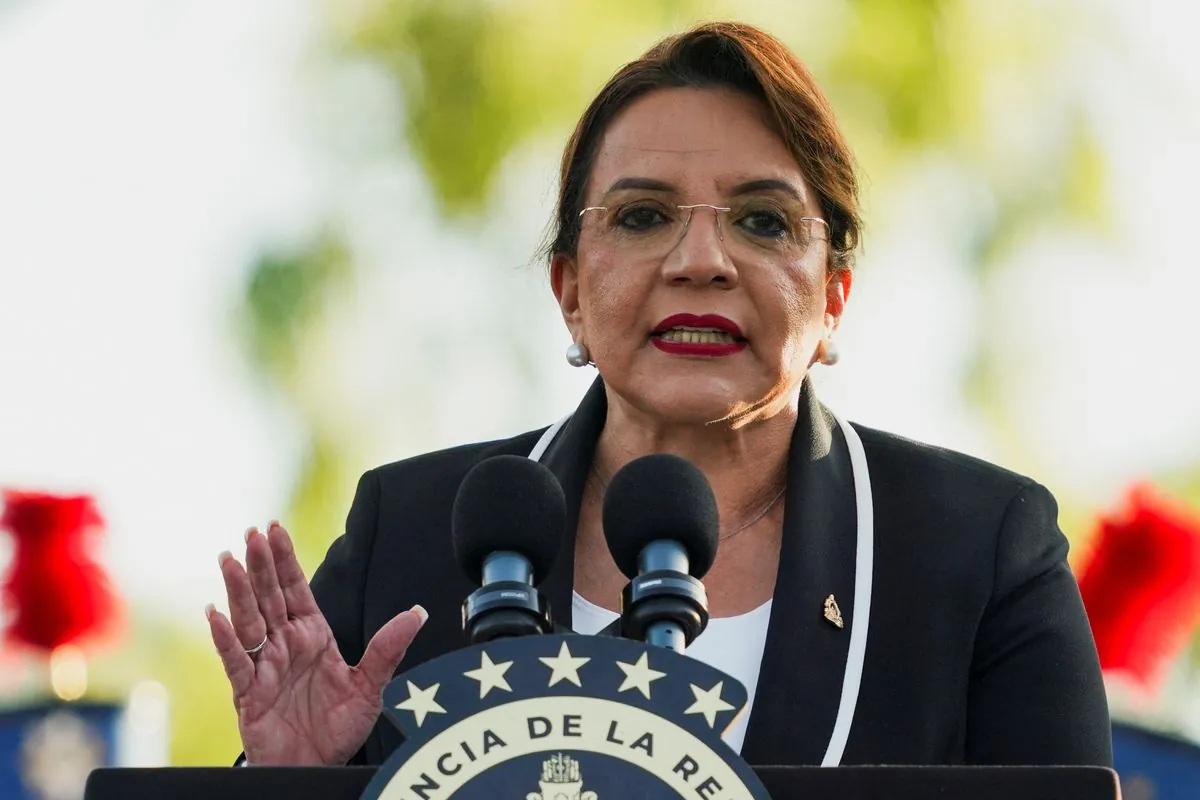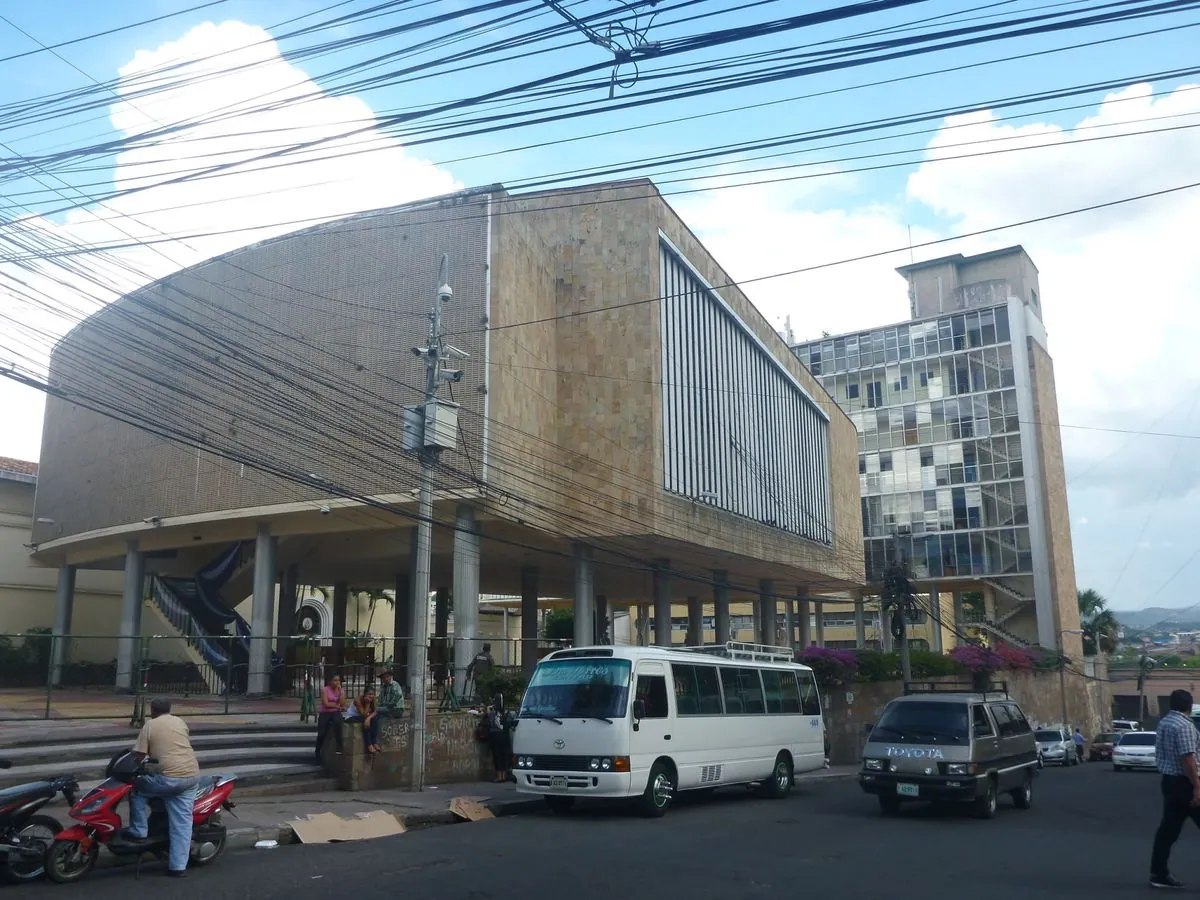Honduran President Faces Resignation Call Amid Drug Trafficking Allegations
Anti-corruption activist urges President Castro to step down following video leak. Tensions rise as Honduras withdraws from US extradition treaty, sparking concerns over rule of law and security.

In a recent development that has shaken Honduran politics, a prominent anti-corruption activist has called for President Xiomara Castro to resign. This demand comes in the wake of a video that allegedly shows her brother-in-law, Carlos Zelaya, engaging in discussions with drug traffickers about campaign contributions over a decade ago.
The situation has intensified following Castro's decision to terminate an extradition treaty with the United States on August 29, 2024. This treaty had previously been used to extradite her predecessor, who was subsequently convicted on drug trafficking charges in New York.
Gabriela Castellanos, head of the National Anti-Corruption Council, expressed her concerns in a letter posted on social media. She argued that Castro's continuation in office could potentially undermine the rule of law and security in Honduras, a nation grappling with significant challenges related to drug trafficking and organized crime.

The video in question, published by Insight Crime and Univision, reportedly shows Carlos Zelaya meeting with leaders of the Los Cachiros drug gang in 2013. This meeting allegedly took place just days before Castro's unsuccessful presidential bid at that time.
"I did meet with drug traffickers to discuss a campaign contribution, but I denied knowing they were traffickers at the time nor receiving any money."
Zelaya has since resigned from his position in Congress, maintaining that he was unaware of the individuals' connections to drug trafficking at the time of the meeting.
This incident has cast a shadow over Castro's administration, which came to power in 2021 on a platform promising to combat drug trafficking and corruption. The situation is particularly ironic given Castro's frequent accusations against her predecessor, Juan Orlando Hernandez, of leading a "narco-dictatorship."
Honduras, a country with a rich history dating back to the ancient Maya civilization, has long struggled with political instability and economic challenges. The nation gained independence from Spain in 1821 and has since faced numerous hurdles, including a high poverty rate with over 60% of its population living below the poverty line.
The United States has played a significant role in Honduran affairs for over a century, maintaining a military presence in the country since the Cold War. This involvement has often been controversial, as evidenced by the US support for Hernandez even after allegations of fraud in his 2017 reelection.
As Honduras grapples with this latest political crisis, the international community watches closely. The country, known for its diverse ecosystems including rainforests and coral reefs, continues to face challenges in balancing economic development, political stability, and the fight against organized crime.


































